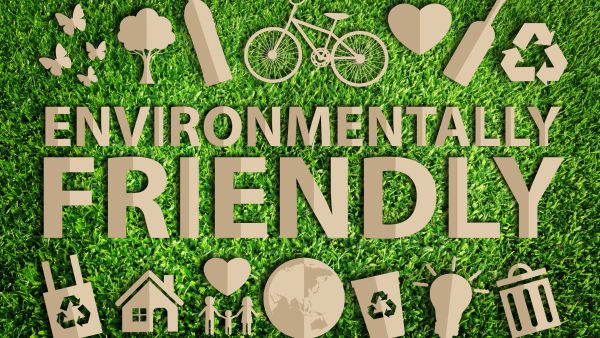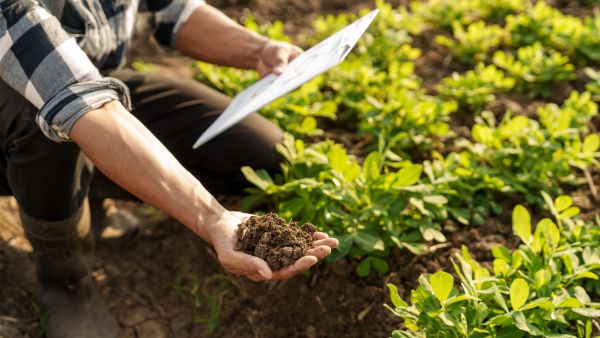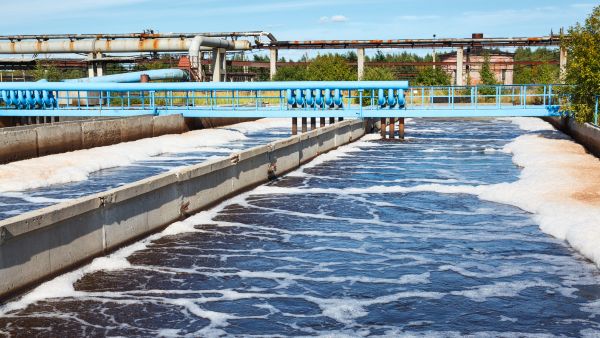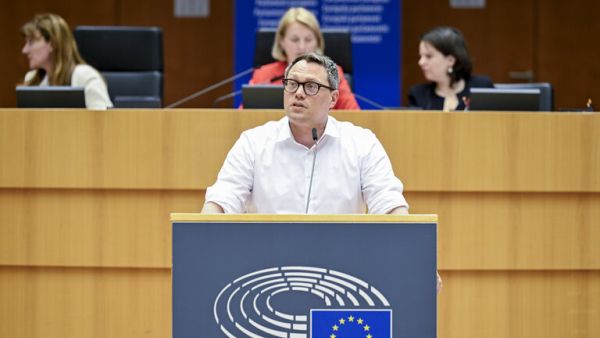Today, the Socialists and Democrats in the European Parliament welcomed the new proposal by the European Commission to start a transition towards an economic model that reduces waste and promotes re-use, efficiency, durability and recycling.
The S&D Group has strongly advocated for the urgent need of a paradigm shift from the current take-make-dispose model into a Circular Economy, particularly when Commission president Jean-Claude Juncker took office one year and a half ago and the Circular Economy was about to be abandoned.
S&D vice-president for sustainability, Kathleen Van Brempt, said:
"We Socialists and Democrats managed to rescue this very important project and get a commitment from the European Commission. Now it has delivered on its scope and deadline. Around 600 million tonnes of waste that could be reused are just thrown away in Europe every year and it is urgent to stop that trend and start a true transition to a more ethical, efficient and smart production cycle. We will have to limit the amount of virgin raw materials 'entering' the cycle, as well as the end of life waste 'leaving' the cycle.
"Overall it is a very good proposal because it sets an ambitious vision and roadmap in which a comprehensive and multi-disciplinary approach prevails. In fact this is not an environmental issue, but a whole new mind-set so that the 'circularity' dimension of products, materials and processes should be considered and promoted in all policy areas. It will also improve productivity and create new jobs: already a 30% higher resource productivity by 2030 would increase the Union's GDP by 1% and create more than 2 million additional jobs.
"We are glad that the Commission has taken on board many of the recommendations we made in our S&D position paper, such as a broader concept of Eco-design. It should go beyond energy and include durability, reparability and recyclability. Why are devices broken as soon as the guarantee period is over? Consumers want to know. So, it is very positive that the Commission wants to set up an independent testing programme to detect defeating devices or design.
"However, this ambitious roadmap needs to be supported by specific targets, and our political group will try to build a consensus in the Parliament to introduce those targets to make sure that the roadmap is accomplished."
S&D MEP Simona Bonafè, responsible of the waste package in the European Parliament, said:
"With today's new package, the European Commission, and in particular Commission first vice-president Frans Timmermans, respected their promise to present a revised and more comprehensive proposal before the end of the year. The Commission has adopted a holistic approach taking into consideration all the phases of product life, actually enabling the 'Closing The Loop'. The package no longer focuses only on how to dispose of waste but it gives clear signals to the industrial sector on how to refocus towards a more resource efficient and competitive production which has to take into account the principles of durability, recyclability and reparability.
"If the whole package creates a really ambitious framework towards a Circular Economy, we cannot say the same about targets fixed in the new Waste Package.
"We also think that the 65% target for recycling of municipal waste by 2030 is not enough. The proposal that was initially discussed already with the Barroso Commission back in 2014 set the goal to 70% and this is the minimum we will call for in the Parliament. It also lacks a concrete marine litter reduction target and a food waste reduction target; these are not environmental issues but ethical ones.
"Having a mandatory target for landfilling and Extended Producer Responsibility (EPR) minimum requirements are very good starting points. The S&D Group is looking forward to the discussions in the Parliament and with the Council to further elaborate on these points by enlarging the Extended Producer Responsibility (EPR) schemes to other product categories and setting up the new strategy on plastics with new instruments such as bio and recycled content standards to boost the demand on high quality secondary and bio-based raw materials."










